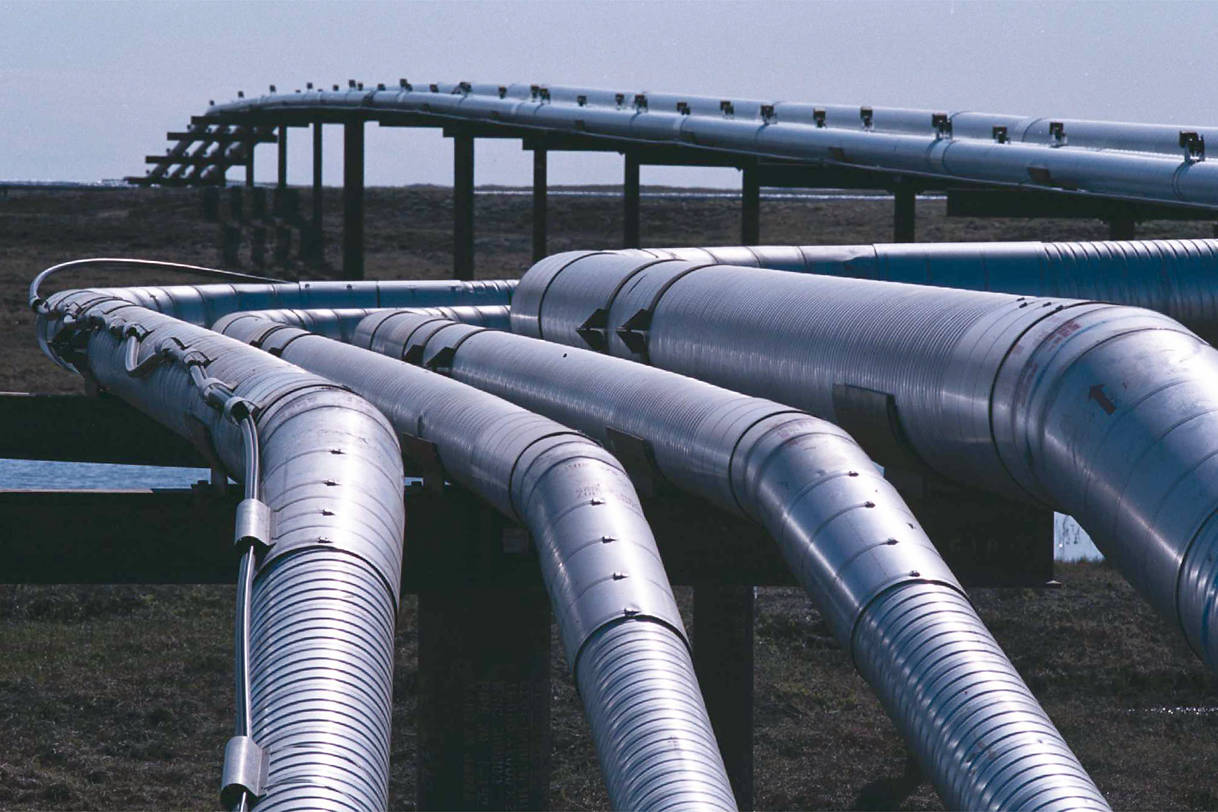On Saturday at 10 a.m. on the Capitol steps, there will be a “Rise for Climate” rally to promote global and local action working toward a fossil-free world. That means a transition to 100 percent renewable energy, no new fossil fuel projects, and no more investment in fossil fuel companies. These goals may seem surprising here in Alaska, where fossil fuels currently make up a large share of our economy. So what exactly are fossil fuels, and why do they pose long-term threats to humanity?
First, some basics. The main types of fossil fuels include petroleum, natural gas and coal, and they supply about 80 percent of world’s energy. They formed from the remains of living creatures buried and baked underground for tens to hundreds of millions of years. The biological ingredients of oil and natural gas were mainly tiny marine organisms that died, sank and settled to the seafloor. Over millions of years, they were crushed by more sediment layers and were packed deeper and deeper, encountering rising temperatures and pressures and restructuring into hydrocarbon molecules. This crude oil liquid filled pores and cracks in the rock encasing them. At greater depth, the hydrocarbon liquids further cooked into natural gas, which later bubbled up to rise above the liquid petroleum. These fuels became trapped by rocks above and accumulated into the oil and gas reserves we drill today.
Earth’s coal deposits were formed from the remains of plant matter on land, especially in coastal swamps and inland bogs mostly around 300 million years ago. As plants died and fell into swamps in successive layers, they formed peat — similar to that in our local muskegs — that was compressed and heated into coal seams deep underground over millions of years.
Oil, gas and coal are similar in that they, like all living matter, are all primarily carbon. Carbon is produced by photosynthesis, which converts carbon dioxide (CO2, a gas) to building blocks of cells and tissues (solid carbon molecules). Coal can be thought of as a form of very ancient firewood that has seasoned for tens to hundreds of millions of years. When we burn coal, oil or gas, we return very ancient carbon back into the atmosphere asa CO2 gas.
What, then, are the challenges associated with fossil fuels? For one, these fuels are not a renewable resources because the Earth cannot produce them at anywhere near the rate at which they are being extracted. Basing our economy on nonrenewable resources is not a viable long-term option.
Second, by taking solid carbon that took tens to hundreds of millions of years to form and converting it to as a gas in a span of only 150 years, we are loading the atmosphere with far more CO2 than it can remove by natural processes, causing a profound imbalance in the delicate climate system by trapping outgoing heat in Earth’s atmosphere. It also mixes with ocean water and causes chemical reactions that drive down the pH of water, hindering shell formation for corals, crabs, mussels, and the like, posing major threats to marine ecosystems. Especially in Alaska, these are ecological systems we depend on, not just economically, but culturally as well.
“The sky is the limit” usually implies boundlessness. It can be hard to imagine that people can affect the chemistry of our seemingly immense atmosphere, but consider that half of its gases and almost all of our weather occurs within the first six miles from the ground. Six miles is really not that far — it’s the same distance as from the Douglas Bridge to Costco. All of our heater and generator exhaust, our car, truck, airplane and shipping exhaust, and all the smokestacks from power plants all over the world are pumping follis fuel emissions into this tiny film of air clinging to our planet. As we witness rapidly melting glaciers, heat waves, droughts, extreme weather events, and rising sea levels, it becomes clearer that the sky in fact does have a limit. Our atmosphere is the same one that future generations will be relying on for their clean air, rainfall and snowfall. By calling for an end to our fossil fuel dependence and putting us on a path toward renewable energy, we can work to steer ourselves toward a more prosperous, safe and sustainable future.
• Dr. Sonia Nagorski is an assistant professor of geology at the University of Alaska Southeast and lives in Juneau. “Sustainable Alaska” is a monthly column, appearing on the first Friday of every month. It’s written by UAS Sustainability Committee members who wanted to promote sustainability. The views expressed here do not necessarily represent the views of the University of Alaska Southeast.

